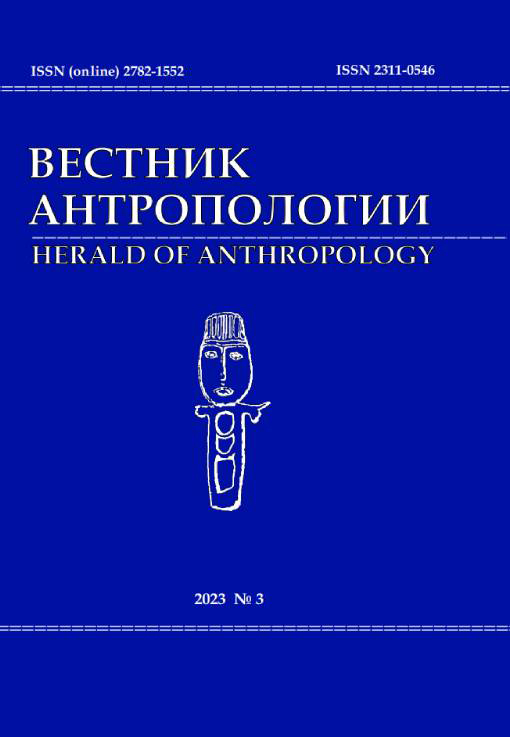The Identity in the Post-Soviet Space: The Replacement of the Soviet Myth by the National One: On the Data of the Sociological Research
DOI: 10.33876/2311-0546/2023-3/288-302
Keywords:
Russian-speaking population of the Baltic countries, politics of memory, state historical policy, historical assessmentsAbstract
The subject of the study in the article is to determine the changes in the historical assessments of the Russian-speaking residents of Estonia, Latvia, Lithuania and Russia in comparison, in the period of the 1990s – 2010s. The purpose of the study is to analyze the essence of the historical paradigm of the Baltic countries, the degree of its perception by the local titular and Russian-speaking population, as well as comparison with the historical views of the inhabitants of the Russian Federation itself. The methodological basis of the study is the principles of historicism, objectivity, and consistency. In preparing the work, special historical methods were also used - chronological, periodization, retrospection and actualization, as well as individual applied methods of social (sociological survey, sociological observation, content analysis) sciences. As a result of the analysis of the complex components of the state historical policy of the Baltic countries and the Russian Federation, as well as the involvement of a wide range of sources for measuring public opinion (sociological studies, population surveys), it was possible to identify differences in the assessments of the past by the Russian-speaking population of Estonia and Latvia. Lithuania and the inhabitants of the Russian Federation in relation to specific historical periods and personalities. At the same time, more significant differences relate to the perception of the Soviet period and are inherent in the younger generation, who received their education after the collapse of the USSR.





















